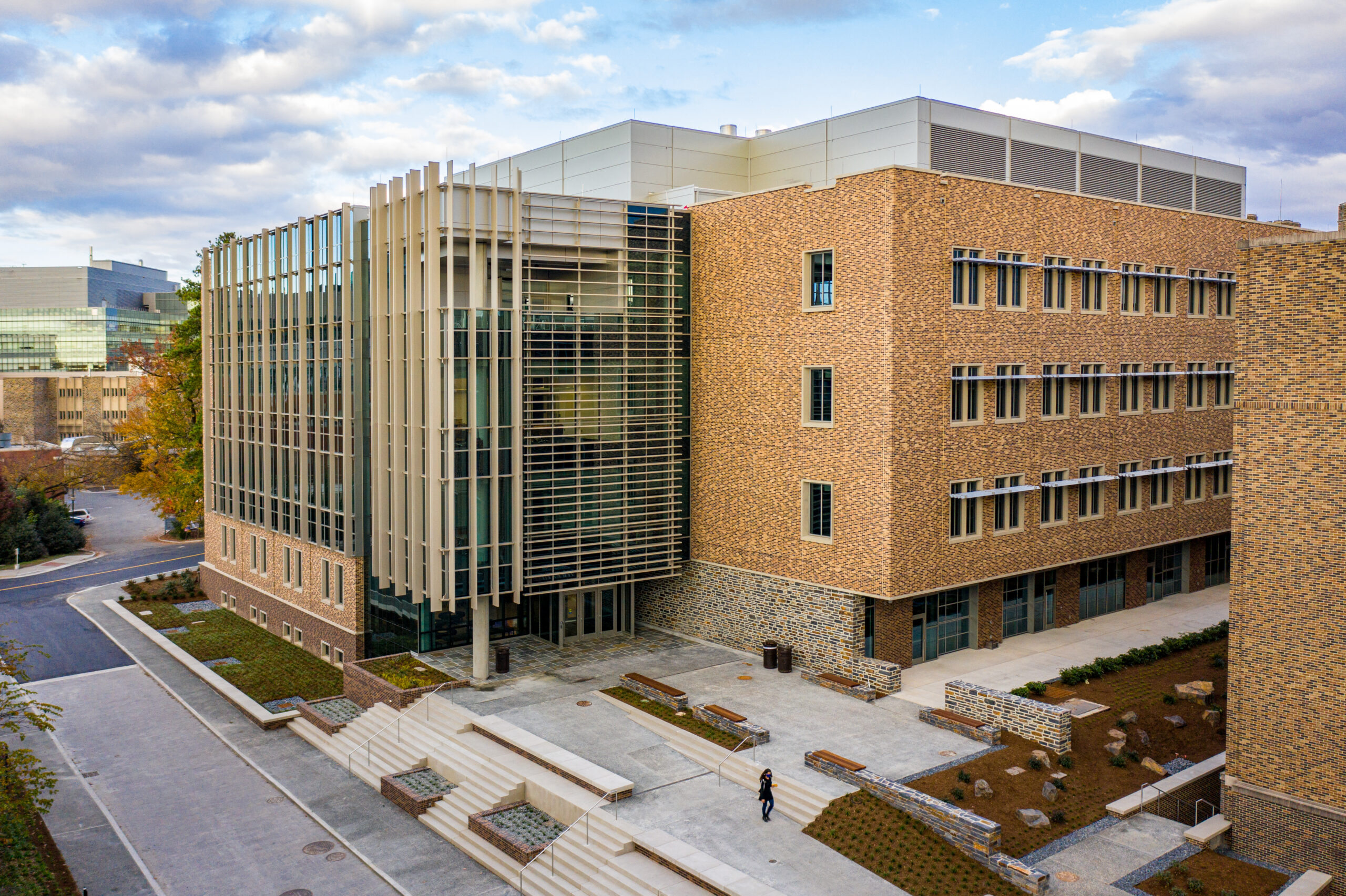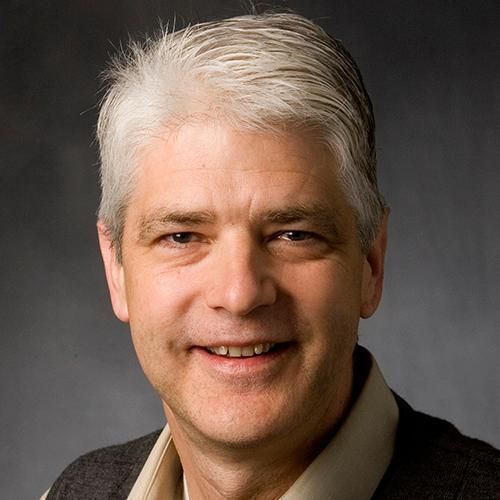Certificate in Neural Engineering
For Master’s Students
Neural Device Research and Industry are Rapidly Growing
Duke BME is a leader in neural engineering—the discovery of new applications of tools, approaches and skills to diagnose, study, and treat disorders and diseases of the human nervous system.
Master’s students who earn this 12-credit certificate gain the skills and experience to compete successfully in the medical device industry or pursue doctoral study at leading universities.

Duke: A Richly Collaborative Environment
Duke BME maintains extensive collaborations with campus partners in Duke’s Institute for Brain Sciences and Center for Cognitive Neuroscience.
We have historic—and deep—ties with the Duke University School of Medicine, including its departments of Neurology, Neurosurgery and Radiology, and its interdisciplinary Program in Neurobiology.
Faculty

Warren M Grill, Ph.D.
James B. Duke Distinguished Professor of Biomedical Engineering

Dr Cameron McIntyre, Ph.D.
Professor of Biomedical Engineering

Patrick D. Wolf
Associate Professor Emeritus of Biomedical Engineering

Junjie Yao, Ph.D.
Jeffrey N. Vinik Associate Professor of Biomedical Engineering
Requirements
-
You’ll complete the standard 30-credit curriculum, but with these neural-engineering course options:
1 Life Science Course
- Quantitative Pathophysiology or
- Physiology for Engineers
4 BME Courses
- BME 601L Introduction to Neural Engineering and
- Three (3) Neural Engineering electives
Sample Schedule
Fall 1 Spring 1 Fall 2 BME 601L: Introduction to Neural Engineering BME 520: Neural Signal Acquisition BME 590L: Biomedical Amplifiers and Implanted Devices BME 671L: Signal Processing and Applied Mathematics BME 517: Neuronal Control of Movement BME 512L: Theoretical Electrocardiography Life Science Requirement:
Quantitative Pathophysiology
or
Physiology for EngineersAdvanced Math Elective BME 790: Advanced Design and Prototyping Skills BME 547: Medical Software Design -
You’ll complete the standard 30-credit curriculum, but with these neural-engineering course options:
1 Life Science Course
- Quantitative Pathophysiology or
- Physiology for Engineers
4 BME Courses
- BME 601L Introduction to Neural Engineering and
- Three (3) Neural Engineering electives
Note To Those Seeking to Place Out of BME 601L Introduction to Neural Engineering
If you have a compelling case demonstrating that you have previously covered the content in BME601L, including the laboratory experiences, you must send a request as an email to professor Warren M. Grill:
- Create a single PDF document containing a brief description of your rationale, the syllabus(bi) of the course(s) that you took, and the grade(s) you earned in those course(s)
- Give it the filename “LASTNAME_FIRSTNAME_601.pdf”
- Attach it to an email to warren.grill@duke.edu
Elective Courses
-
- BME 502 Neural Signal Acquisition (Viventi, Wolf, Sommer)
- BME 503 Computational Neuroengineering (Grill, McIntyre)
- BME 504 Fundamentals of Electrical Stimulation of the Nervous System (Grill, McIntyre)
- BME 511 Theoretical Electrophysiology (Barr)
- BME 515 Neural Prosthetic Systems (Grill, McIntyre)
- BME 517 Neuronal Control of Movement (Sommer, Grill)
- BME 518L Modern Neuroscience Tools (Gong, Tadross)
- BME 590 Synaptic Biology Synthetic Technology (Tadross)
- BME 590 Deep Neural Networks of the Brain
- BME 590L Biomedical Amplifiers and Implanted Devices (Viventi, Wolf)
- BME 791 Independent Study — NOTE: Must have clear neural engineering content focused and by advised by a BME faculty member; only one independent study course can be applied to this certificate
-
- BME 506 Measurement and Control of Cardiac Electrical Events
- BME 512L Theoretical Electrocardiography
- BME 547 Medical Software Design
- BME 788 Invention to Application: Health Care Research Commercialization
- BME 790 Quality Management Systems for Engineers
- BME 790 Advanced Design and Prototyping Skills
- CEE 530 Introduction to the Finite Element Method
- MATH 561 Scientific Computing I
- MATH 577 Mathematical Modeling




